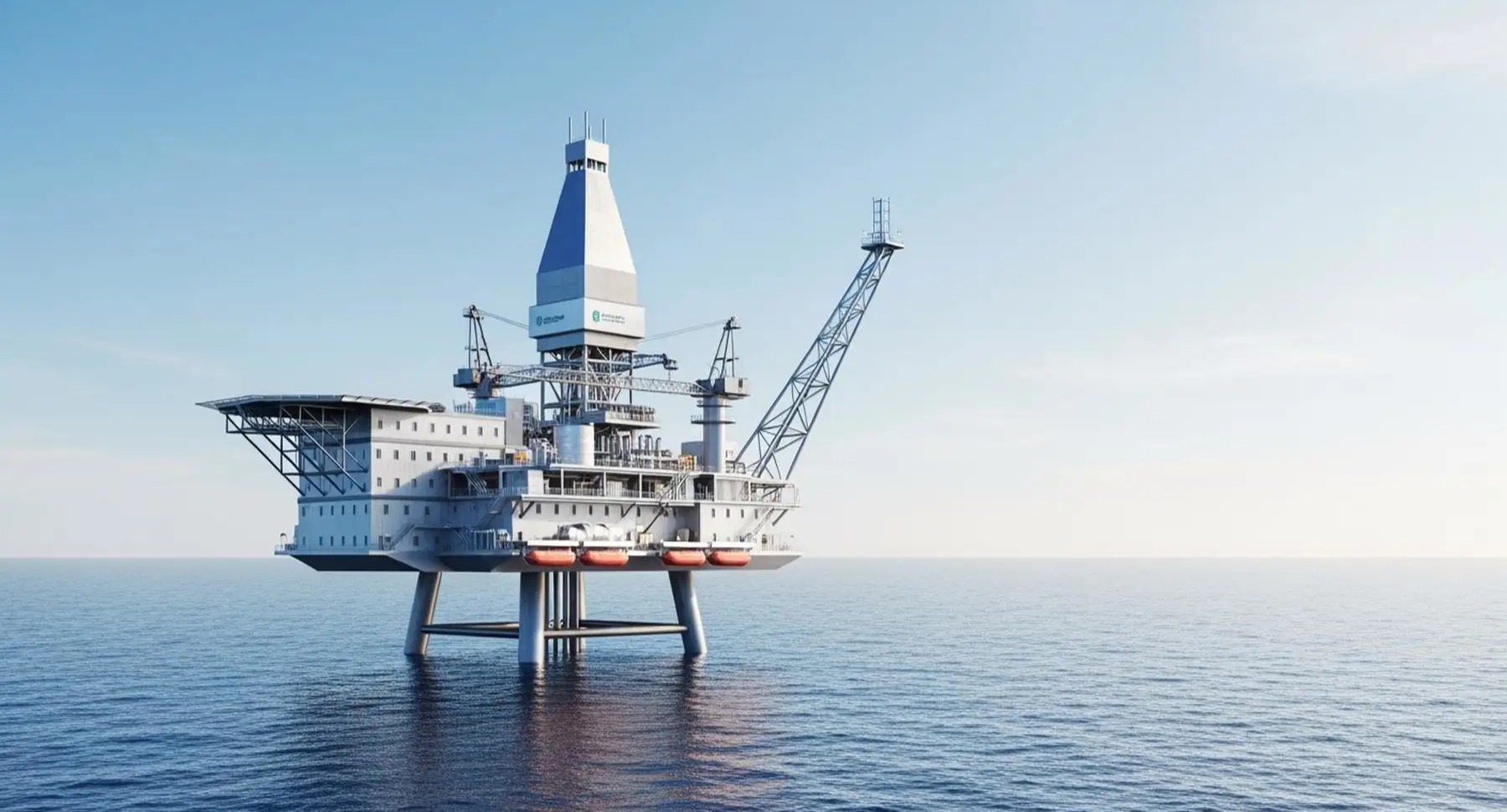What's Happening?
Equinor, a Norwegian energy company, has announced the commencement of oil production from its floating production storage and offloading vessel (FPSO) at the Bacalhau field in Brazil. This marks a significant
milestone for Equinor, as Bacalhau is the largest offshore field developed by the company outside Norway. The FPSO, one of the largest and most modern in the world, is designed to produce up to 220,000 barrels of crude oil per day and has a storage capacity of two million barrels. The Bacalhau field, located in the pre-salt region of Brazil's Santos Basin, contains recoverable reserves exceeding one billion barrels of oil equivalent. The project, which began drilling in 2022, involves 19 wells and represents a new generation of oil projects with a focus on scale, cost-efficiency, and reduced carbon intensity.
Why It's Important?
The start of production at Bacalhau is a critical development for Brazil's energy sector, potentially creating around 50,000 jobs over its 30-year lifespan. Equinor's investment of $8 billion in Bacalhau Phase 1 underscores its commitment to Brazil's energy future, with plans to invest an additional $25 billion by 2030. The project is expected to contribute significantly to Equinor's goal of generating over $5 billion in free cash flow by 2030 from its international portfolio. The FPSO's advanced technology, including a gas turbine combined cycle, reduces carbon emissions, aligning with global efforts to lower the carbon footprint of energy production.
What's Next?
Equinor plans to operate the Bacalhau facilities until the end of the license period, with MODEC managing the FPSO during the initial phase. The project is expected to strengthen Equinor's position in the global oil market and contribute to Brazil's economic growth. As the field continues to develop, stakeholders will likely monitor its impact on local communities and the environment, as well as its role in meeting global energy demands.
Beyond the Headlines
The Bacalhau project highlights the challenges and opportunities in developing ultra-deepwater oil fields. The complex carbonate reservoir and high-pressure conditions required innovative engineering solutions, demonstrating the industry's capability to overcome technical hurdles. The project's success could pave the way for future developments in similar challenging environments, potentially reshaping the landscape of offshore oil production.









